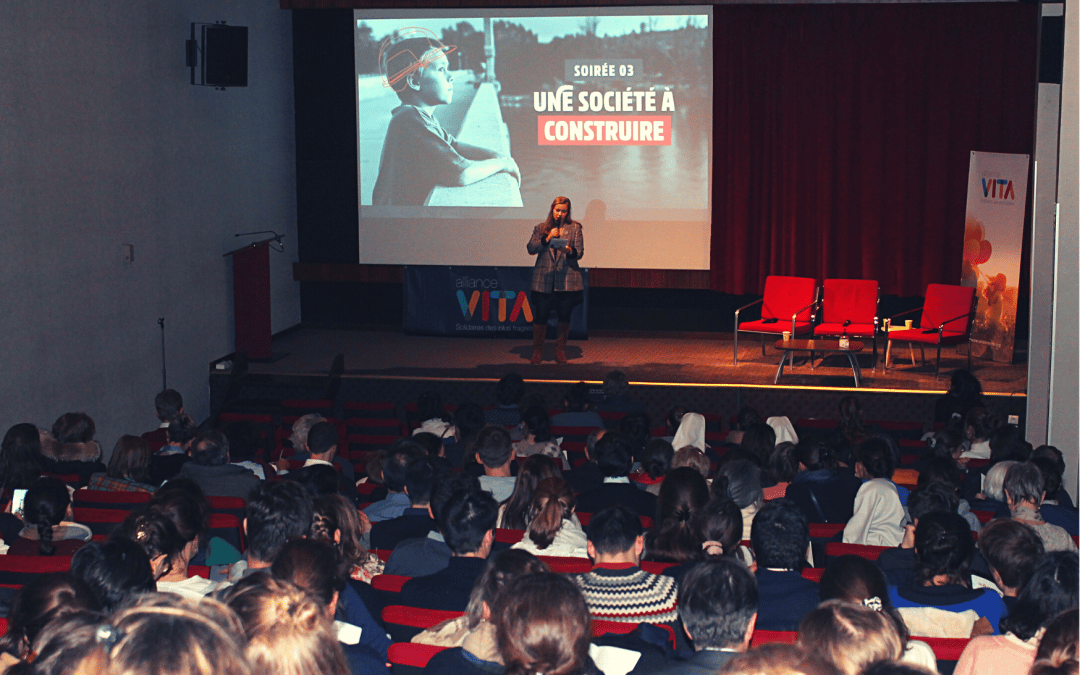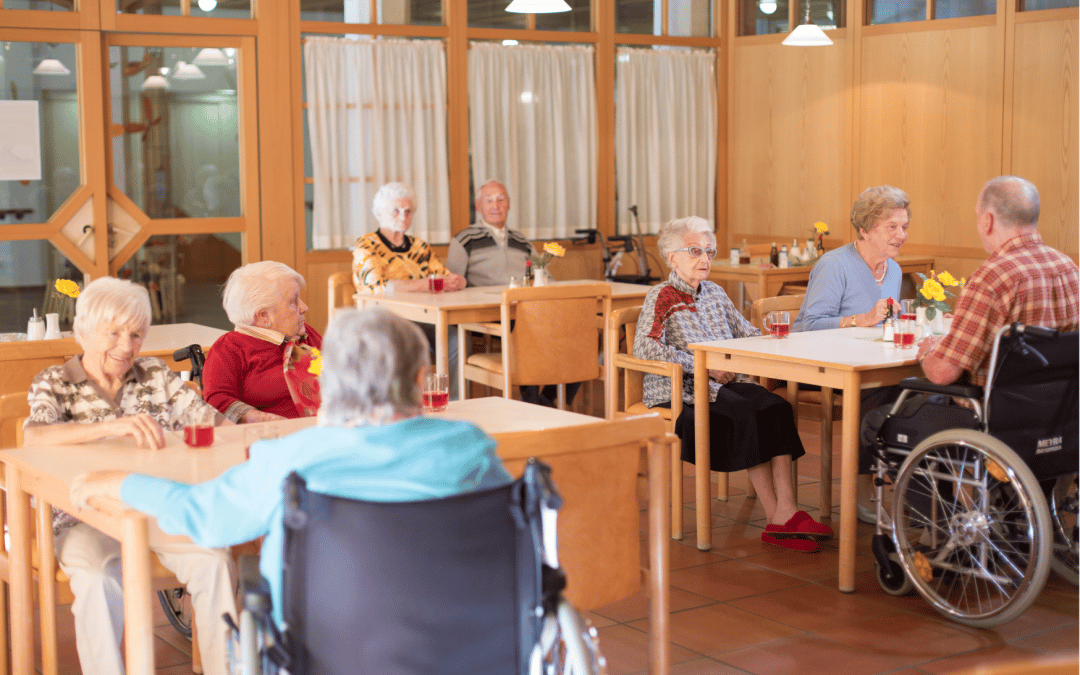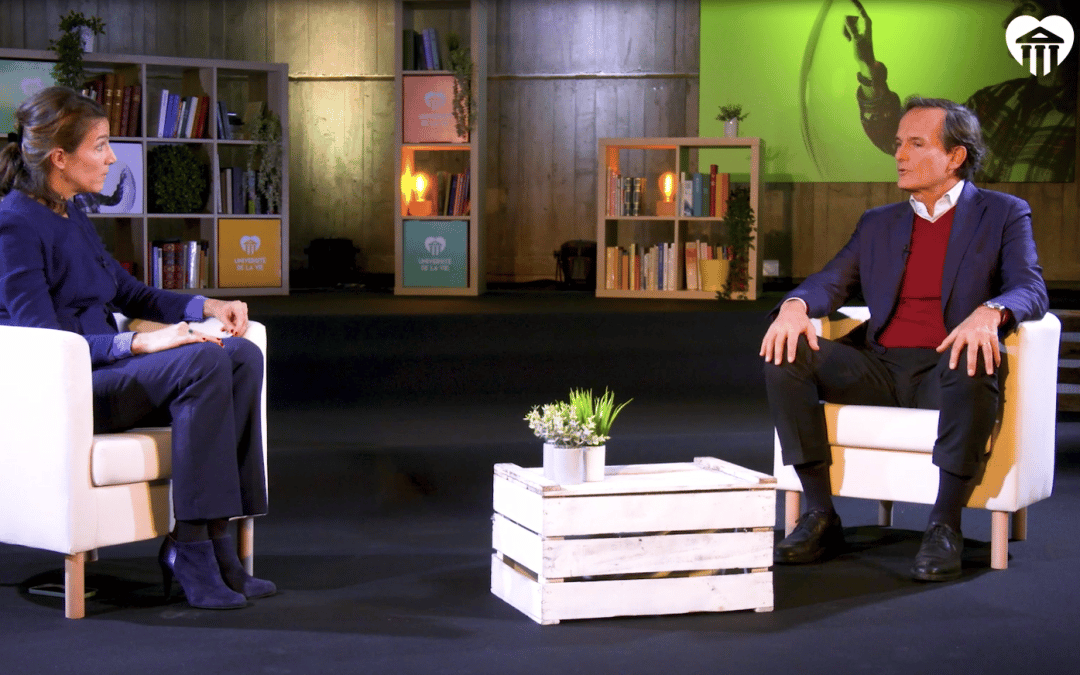
Parliamentary Evaluation of the Claeys-Leonetti Law: Alliance VITA Auditioned on Monday 30th January
A mission for the evaluation of the Claeys-Leonetti law dated 2nd February 2016 has been meeting regularly since 12th January and will audition Alliance VITA on Monday 30th January. Initiated at the will of the president of the Social Affairs Commission of the French National Assembly, to take “full responsibility for the treatment of this subject”, it was launched last November.
Presided over by Olivier Falorni, member of parliament for Charentes Maritimes and author of a private bill in favour of euthanasia in April 2021, this parliamentary mission consists of 19 members from several parties, and is to run until March, in parallel with the Citizens’ Convention on the end of life which is due to issue its report on 19th March. The appointment of Olivier Falorni, at the head of this evaluation mission raises serious questions and doubts on the neutrality of his work.
Other than this cross-party mission, the social affairs commission has called for a report by the Government Accounting Office on palliative care. The idea is to evaluate what already exists “before considering any evolution of the law on such a sensitive and intimate subject“.
Among the personalities auditioned so far:
Jean Leonetti, co-author and co-reporter of the 2016 law, and Alain Claeys, Jean-Louis Touraine, ex-member of parliament for the Rhône and long-standing supporter of euthanasia, as well as Régis Aubry co-reporter of notice 139 of the CCNE (National Consultative Ethics Committee) reversing the latter’s position on euthanasia.
The president of the National Centre for Palliative Care and the End of Life (CNSFPV) Sarah Dauchy, the President of SFAP (Société Française d’Accompagnement et de Soins Palliatifs – French Society for Accompaniment and Palliative Care) Claire Fourcade, and other heads of knowledgeable societies or associations of carers have already provided their point of view.
On the same day, Alliance VITA, ADMD (Association pour le Droit de Mourir dans la Dignité: Association for the Right to Die with Dignity) and the association Le Choix, will be auditioned, followed by representatives of the Masonic lodges and religious cults who will be auditioned on 2nd February.
The Senate have also recently launched their own evaluation mission, whose objective according to one of the three reporters, Michelle Meunier (Socialist Party) “is to update on the current status, but also to examine how the legislations are evolving abroad.”
The very recent statements by the President of the National Assembly, who wishes to legislate in order to authorise euthanasia and assisted suicide before the end of 2023, throw doubt on the true will to keep an open mind on the part of parliamentarians who support euthanasia.
Protection of the vulnerable, support for the ethics of care and relief of suffering, the impossibility of supporting the prevention of suicide on the one hand and the establishment of assisted suicide on the other, these major subjects, and others, will be defended by Alliance VITA during their audition next Monday.
Euthanasia and assisted suicide do not constitute a new freedom, but represent the disintegration of a social link. According to the comment by Philippe Pozzo di Borgo, the patron of Soulager mais pas tuer (Relieve but don’t kill) collective, “dependence induces fraternity, autonomy induces solitude and indifference.”




